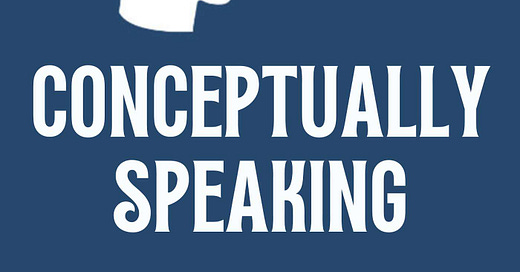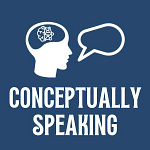In this episode of Conceptually Speaking, I sit down with Dr. Matt Seybold, host of the American Vandal podcast and resident scholar at the Center for Mark Twain Studies at Elmira College. Our conversation traverses the changing landscape of literary studies as it moves beyond traditional academic boundaries into digital spaces, revealing both new opportunities and persistent challenges in how we create and share knowledge. Dr. Seybold shares the origin story of American Vandal—born as a pandemic response when in-person programming was suspended—and how it evolved into a platform that builds relationships with scholars and reaches an unexpectedly global audience of scholars, paracademics, and deletants. Together, we explore the fascinating contradiction that while humanities departments face serious funding crises, public hunger for thoughtful literary and cultural analysis continues to flourish across platforms and borders.
Key Concepts from the Episode:
Democratizing Academic Discourse
How podcasting allows scholars to communicate more naturally about complex ideas
The surprising global reach of academic content when freed from traditional constraints
Why digital media complements but cannot replace forms of scholarship housed in academic institutions
Digital Media in Humanities Education
Engaging students with diverse media experiences across multiple platforms
Balancing traditional written texts like articles and monographs with emerging forms of communication
Understanding the unique affordances of different media formats rather than creating hierarchies
Bridging Academic & Public Humanities
Challenging the "crisis in humanities" narrative by revealing genuine public interest in literary discourse despite decades of Ponzi austerity
Distinguishing between institutional defunding and the persistent cultural appetite for humanistic inquiry
Promoting authentic creative production through engagement with "real world" media genres
Our conversation offers practical insights for educators, researchers, podcasters, and anyone interested in how literary scholarship evolves in the digital age. Dr. Seybold reminds us that despite institutional challenges, the humanities must continue to resist through rhetorical agility, media savvy, and (perhaps most importantly) organized political action.
Check out more of Matt's work:









Share this post